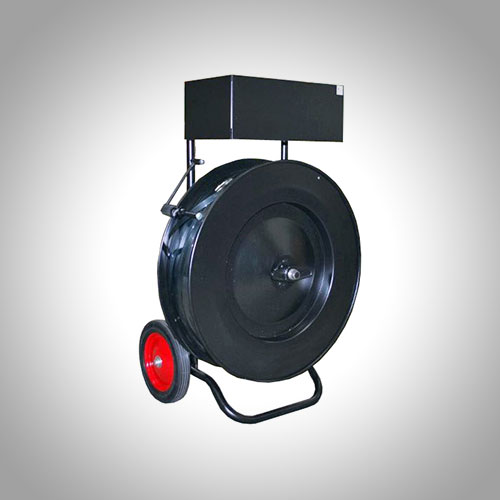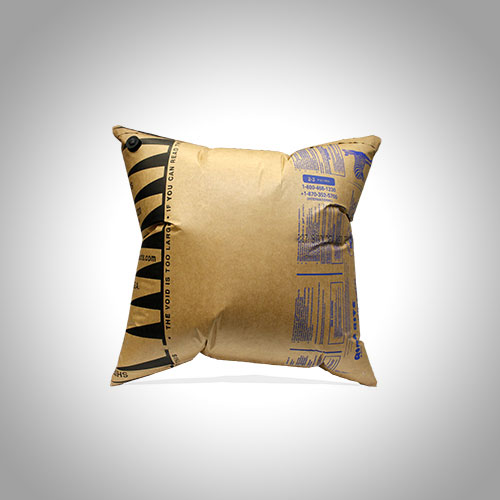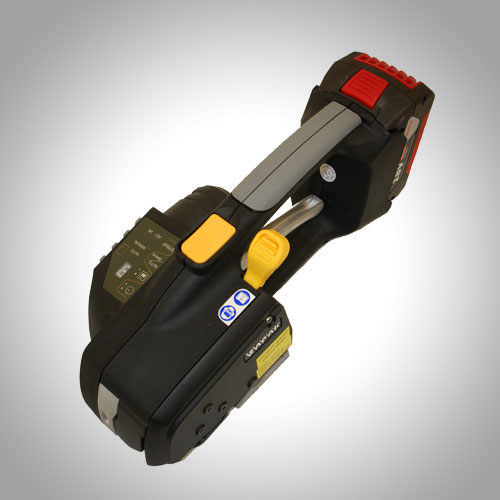Types of Strapping Materials for Securing Loads
In the world of logistics, construction, manufacturing, and various other industries, the secure transport and packaging of goods are paramount. Strapping materials play a crucial role in achieving this, ensuring that loads are bundled, fastened, and protected during transit and storage. Each type of strapping material possesses distinct characteristics, making it suitable for specific applications.
Steel strapping is renowned for its exceptional tensile strength, making it ideal for heavy-duty applications where unyielding support for loads is crucial. It excels in scenarios where the utmost load stability is essential, such as securing heavy machinery, industrial equipment, construction materials, and palletized goods. Its resilience and resistance to corrosion and harsh conditions make it the go-to choice for loads with sharp edges or high-tension requirements.
Polypropylene strapping, made from plastic, is suitable for light to medium-duty applications. It’s lightweight, flexible, and cost-effective, making it ideal for applications that don’t demand extreme tensile strength. Common uses include bundling newspapers, securing light packaging, and stabilizing boxes during shipping.
Polyester strapping, also made from plastic, boasts high tensile strength, comparable to steel strapping, making it ideal for medium to heavy-duty applications. Its durability is enhanced by resistance to weather conditions, UV radiation, and corrosion, making it a popular choice for securing heavy loads like timber, bricks, and coils in challenging environmental conditions.


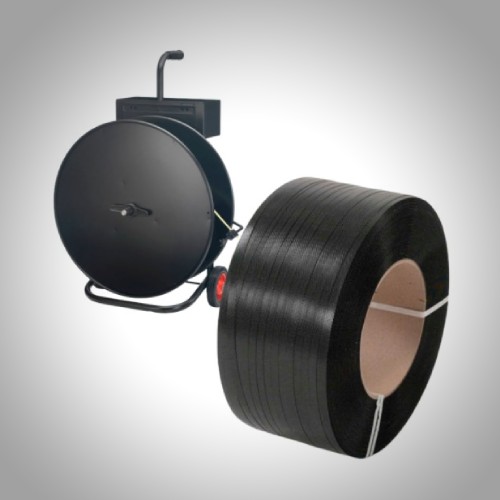
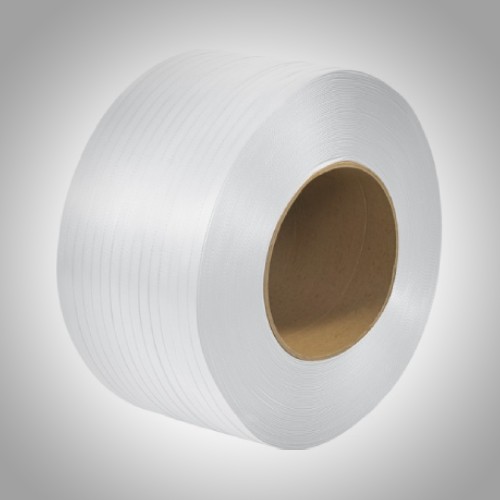
![12-PlasticAndPoly-2490[1] TOOLS – POLYSTRAPPING](https://www.keypak.ca/wp-content/uploads/2021/08/12-PlasticAndPoly-24901.jpg)
![12-PlasticAndPoly-2520[1] STEEL STRAPPING](https://www.keypak.ca/wp-content/uploads/2021/08/12-PlasticAndPoly-25201.jpg)
![12-PlasticAndPoly-2530[1] TOOLS – STEEL STRAPPING](https://www.keypak.ca/wp-content/uploads/2021/08/12-PlasticAndPoly-25301.jpg)
![12-PlasticAndPoly-2420[1] CORD STRAPPING](https://www.keypak.ca/wp-content/uploads/2021/08/12-PlasticAndPoly-24201.jpg)
![12-PlasticAndPoly-2400[1] TOOLS – CORD STAPPING](https://www.keypak.ca/wp-content/uploads/2021/08/12-PlasticAndPoly-24001.jpg)
![12-PlasticAndPoly-2410[1] CORD STRAP WIRE BUCKLES](https://www.keypak.ca/wp-content/uploads/2021/08/12-PlasticAndPoly-24101.jpg)
![12-PlasticAndPoly-2460[1] PLASTIC & WIRE BUCKLES](https://www.keypak.ca/wp-content/uploads/2021/08/12-PlasticAndPoly-24601.jpg)
![12-PlasticAndPoly-2480[1] STRAPPING SEALS](https://www.keypak.ca/wp-content/uploads/2021/08/12-PlasticAndPoly-24801.jpg)
![12-PlasticAndPoly-2470[1] HAND STRAPPING](https://www.keypak.ca/wp-content/uploads/2021/08/12-PlasticAndPoly-24701.jpg)
![12-PlasticAndPoly-2550[1] STRAPPING MACHINES](https://www.keypak.ca/wp-content/uploads/2021/08/12-PlasticAndPoly-25501.jpg)

![12-PlasticAndPoly-2550[1] MACHINES STRAPPING](https://www.keypak.ca/wp-content/uploads/2021/08/12-PlasticAndPoly-25501-1.jpg)
